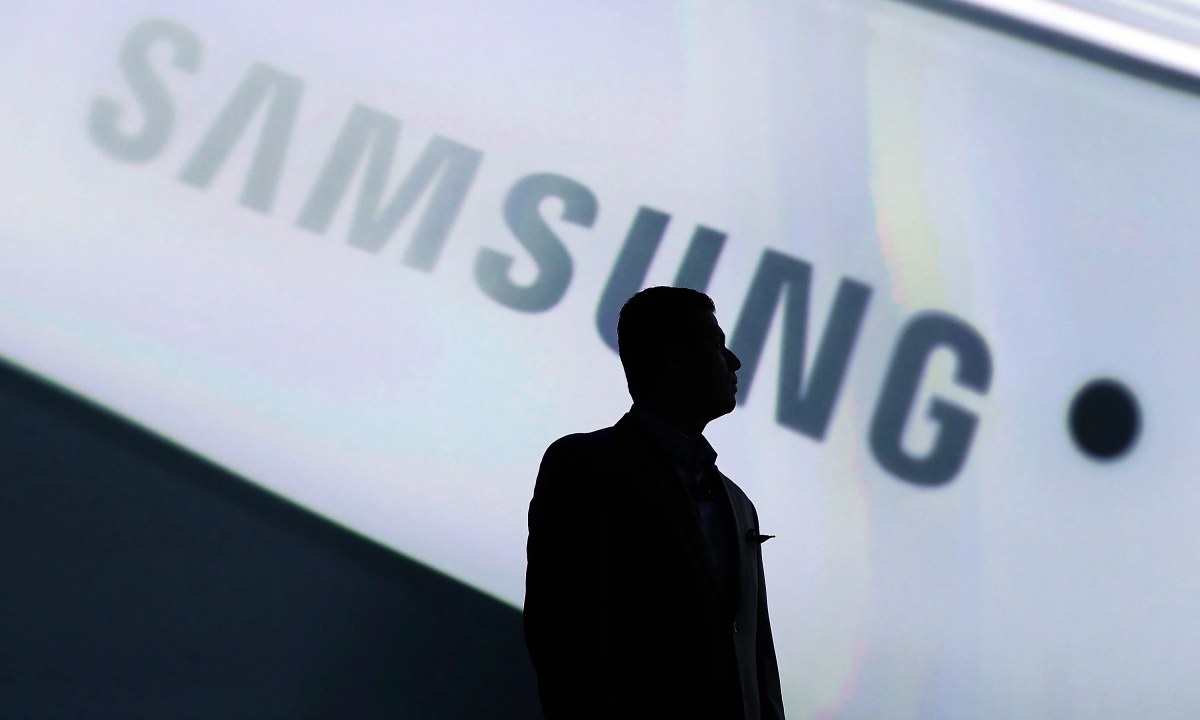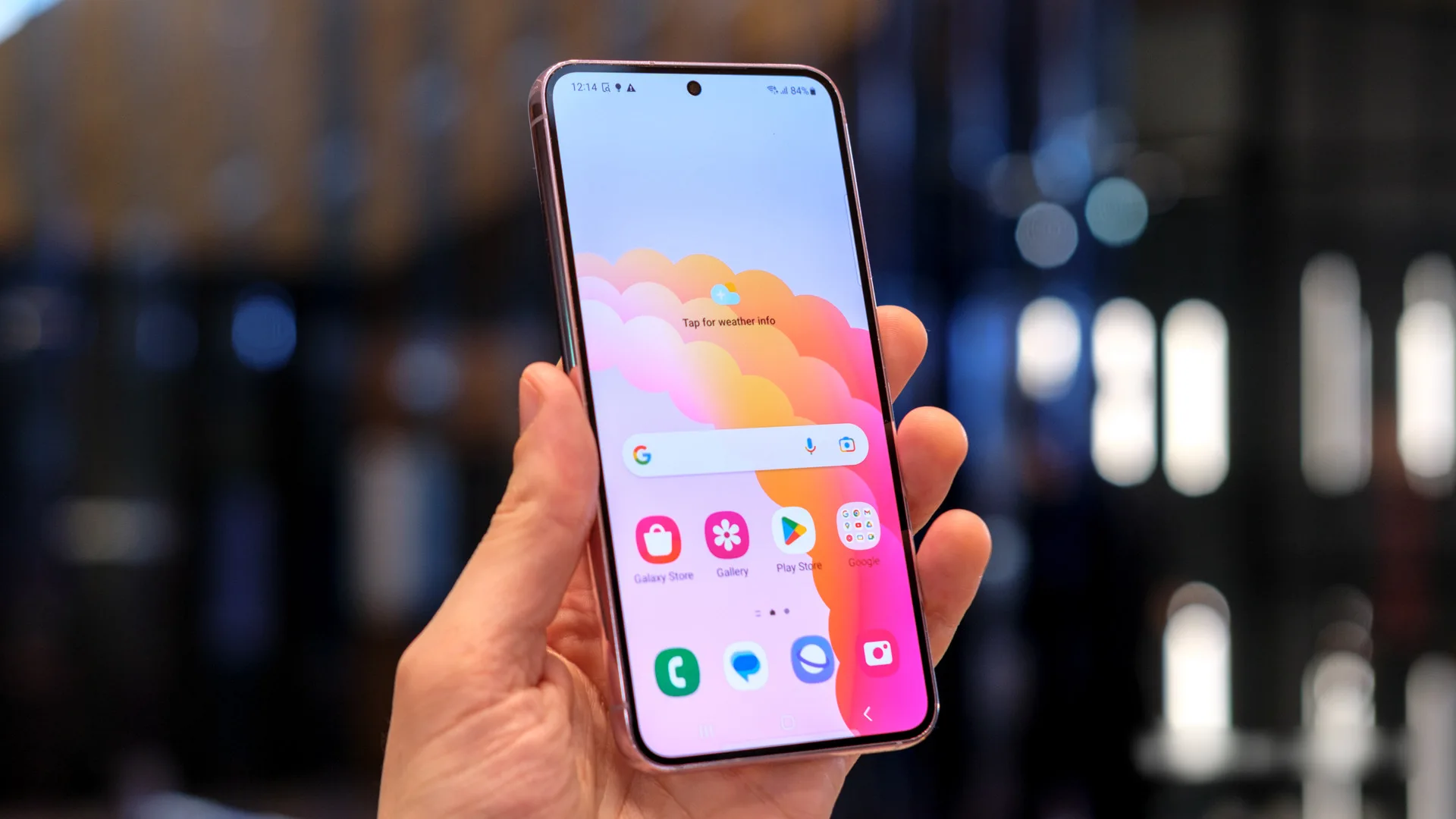News
A dangerous security malware has made Samsung and other devices vulnerable

In this digital era, where our convenience is increasing daily, the risk of digital vulnerabilities is also expanding. Recently, a dangerous malware application has been found on devices booted with the Android operating system. This malware application leads to major security leaks through various entrusted devices manufactured by Samsung and other OEMs. This issue has been disclosed by the Android Partner Vulnerability Initiative (APVI) of Google.
The main trouble is the platform signing key of many Android OEMs has been leaked outside, which is used to ensure the validity of the version of Android on which the device is running. The same key could also be used to sign different individual applications. As the key has been leaked and got the hold of the malicious attacker, he could give malware full, system-level permission on the affected device by using those. Consequently, he will access the whole data available in the affected device.
Notably, those threats don’t appear with the installation of the new or unknown application but can be delivered through any trusted and pre-installed application with the platform signing keys. While the attacker is adding malware to any application, Android OS will take it as an update because of the trustworthy signing keys. It can affect a trusted app such as Bixby, even if it is installed through the Google Play Store or Galaxy Store. Therefore, it will be hard to determine which application is actually affected by the malware vulnerability.
However, as mentioned above, Samsung is not the only manufacturer whose devices are being affected; other manufacturers, such as LG, are also included in this list because their keys have been leaked. Besides the smartphone manufacturers, MediaTek, which is a semiconductor manufacturing company, is also present in the list of OEMs whose keys are now under attacker’s hold. Other affected manufacturer’s names are listed below-
- Samsung
- LG
- Mediatek
- Szroco
- Revoview
To reduce the threat of this malware vulnerability, affected companies should change their Android platform signing keys and avoid using the affected one, as Google’s brief explainer suggested. Google also urged Android manufacturers to decrease the use of these keys, and they can be used to sign in to the neediest applications that demand the highest level of security. By doing these things regularly, we can also minimize possible future leaks.
Albeit, Google clarified that devices are protected from this particular malware threat in various ways, like Google Play Protect, mitigation, and more. It has also been seen that this exploit is unable to make its way into the applications distributed through Google Play Store. Even then, to avoid this kind of threat, we are recommending you stop sideloading applications on your device, even if you are updating an already available device. And if you do so, be sure that you trust the respective file completely.
Another way to reduce the menace is to keep your device secured and up to date and ensure that your device has the latest firmware update. If your device is not on the list of devices that tend to receive regular updates, it will be better if you upgrade/change the device to avoid security threats.
News
New Galaxy Phone In Existence: Samsung Galaxy M35 5G Spots On Geekbench

The Korean brand – Samsung has recently announced its two mid-range Galaxy smartphones – Galaxy A55 5G and Galaxy A35 5G. A new benchmark listing has a spot for Samsung’s affordable smartphone, Galaxy35 5G.
Samsung is now gearing up for its next affordable Galaxy smartphone, the M35 5G, as the reports are unvunveilhey have found a new benchmark listing for Samsung the Galaxy M35 5G.
The smartphone has been spotted with the model number as an identification code – SM-M356B on the Geekbench 6.2.2 database. Not only this, but it also confirmed the presence of 6GB of RAM and Android 14 OS. The chipset also came to know which is the latest Exynos 1380.
The codename for the motherboard is also mentioned, which is ‘s5e8835.’ The reports say that it has scored 656 and 1967 points in performance scores on the benchmarking platform. Exynos 1380 is the latest chipset of the Korean brand, which is a 5 nm processor. It consists of 4 Cortex A78 cores, which clock at 2.4GHz, and 4 Cortex A55 cores, which clock at 2.0GHz. It is coupled with a Mali g68 MP5 GPU. It also has an AI Engine.
This also offers connectivity options, which include the latest Bluetooth version 5.3 and Wi-Fi 802.11 ax with three bands. It supports a camera resolution of at least 200MP for capturing images, and for video recording, there is support for up to 30fps 4K recording. The storage supported is UFS v3.1, and RAM will be of the LPDDR4x/5 type.
Samsung has recently debuted its two smartphones, Galaxy A55, and Galaxy A35; the Galaxy A35 5G smartphone is powered by Exynos 1380 chipset. From this perspective, Galaxy M35 5G could be a variant of Galaxy A35.
At the moment, no specs and features of the device have been revealed or leaked. Still, since Galaxy M series smartphones usually have a bit higher battery power of at least 6000mAh, the forthcoming Galaxy M35 5G smartphone also arrives with the same battery power.
Firmware
Verizon rolls out the March 2024 security patch update for the Galaxy Z Fold 3 and Galaxy Z Flip 3 devices

Verizon has rolled out the March 2024 security patch update for the Galaxy Z Fold 3 and Galaxy Z Flip 3 devices. Earlier, these devices had received the same update outside the US, but now they are gradually expanding to the US.
The Galaxy Z Fold 3 and Galaxy Z Flip 3 are spotted getting new updates with the firmware version numbers F926USQS5HXBD and F711USQS6HXBD, respectively. It is worth noticing the update is currently available for the devices locked to Verizon, but it will soon be available on more carriers.
For your information, the latest update for Galaxy Z Fold 3 and Galaxy Z Flip 3 doesn’t bring any significant changes, but as it is the latest security patch, it will provide some internal fixes to maintain the security of the devices.
If you are getting some other issues from the last update, you should also update the device to the latest update, as it may also address some issues. Along with the update, other improvements may also be made to enhance the overall performance of the devices.
Suppose you use the Galaxy Z Fold 3 or Flip 3 device in the US. In that case, you can update the device to the latest version by simply going to the system settings and then to the software update. If you haven’t received the update, you should wait for some time, as it may arrive in the next few days.
Firmware
Samsung rolls out the March 2024 security patch update for the Galaxy S23 FE devices in the US

Samsung has rolled out the March 2024 security patch to almost all devices but still needs to complete the update distribution to all eligible devices. So, gradually expanding the update to remaining devices, the company has started rolling out the update for the Galaxy S23 FE in the US.
Notably, the Galaxy S23 FE devices are getting a new update in the carrier-unlocked version with the firmware version number S711U1UES2BXBF. The update has already been rolled out to almost all carriers, including AT&T, Bluegrass Cellular, C-Spire, Cellular South, Comcast, Cricket, DISH, MetroPCS, T-Mobile, Tracfone, US Cellular, Verizon, and Xfinity Mobile.
According to the official changelog, the March 2024 security patch is one of the standard maintenance updates that provides some internal improvements for the device, and there will be no visible changes available. In other words, users may experience some improvement in the functioning of devices, but it doesn’t particularly bring any specific changes for the device.
Going to the details, the March 2024 security patch includes more than 40 fixes, 37 of which are provided by Google and address the issues found in the Android OS, while 9 more features are introduced by Samsung that enhance the performance of Galaxy devices exclusively.
Suppose you are using the Galaxy S23 FE in the US. In that case, you can update the devices to the latest version by following the simple steps: first, go to the system settings, tap on the software update, and tap on the download and install button; if it shows a new update available, tap on the download button.












